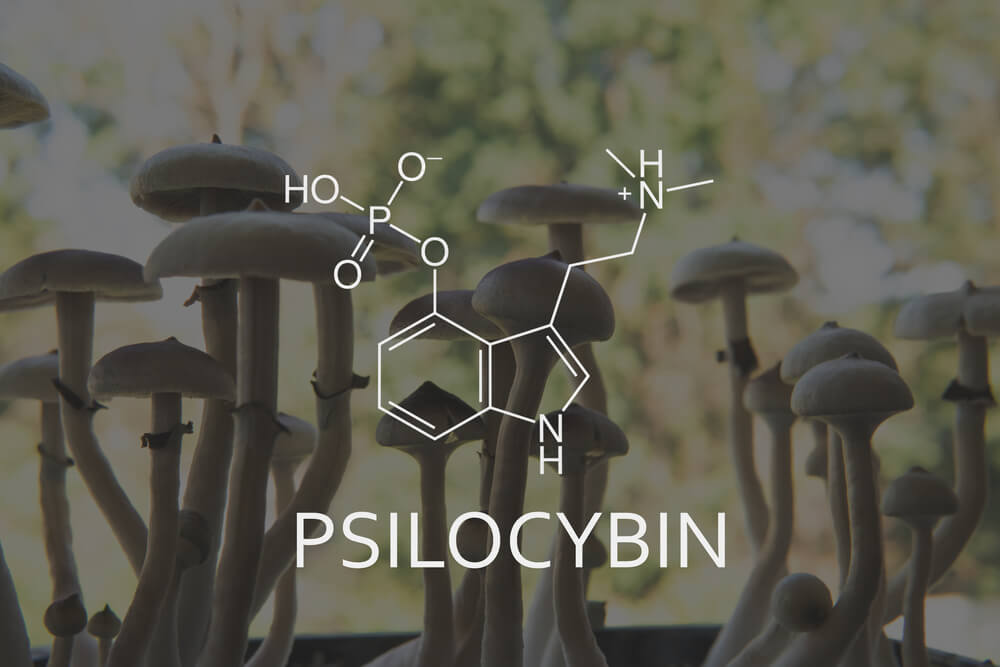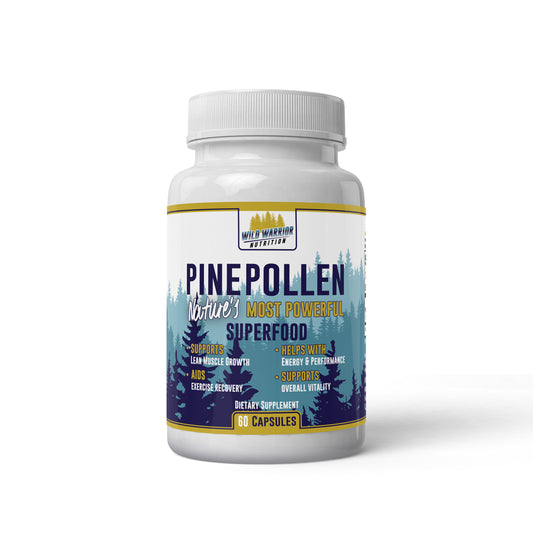In recent years, a significant amount of attention has been paid to the potential role of psilocybin, a naturally occurring compound found in certain species of mushrooms, in treating various mental health disorders. A growing body of research suggests that psilocybin may offer therapeutic benefits for conditions such as depression, anxiety, and post-traumatic stress disorder (PTSD), among others. This has sparked a renewed interest in psychedelic medicine, prompting researchers to explore this relatively uncharted territory.
Companies typically hire a psychedelics lawyer to get them a psilocybin license that allows them to produce these compounds.
Understanding Psilocybin
Psilocybin is a psychedelic compound present in over 200 species of mushrooms, colloquially known as "magic mushrooms". When ingested, psilocybin is metabolized in the body into psilocin, which then affects the serotonin receptors in the brain. This interaction can lead to altered perception, mood changes, and a range of other psychological effects. Historically, these mushrooms have been used in religious and spiritual rituals, and more recently, they have become a focus of scientific interest due to their potential therapeutic properties.
Psilocybin and Depression
Depression is a pervasive mental health issue that impacts millions of individuals globally. Current treatments, like selective serotonin reuptake inhibitors (SSRIs), have been effective for many but also have limitations, including a delayed onset of action, partial response, or in some cases, no response at all.
Psilocybin has shown promise in providing rapid and sustained relief from depressive symptoms in several clinical trials. For instance, a study published by Johns Hopkins University in 2020 reported that two doses of psilocybin, administered with supportive psychotherapy, resulted in rapid, substantial, and sustained antidepressant effects in patients with major depressive disorder.
Psilocybin and Anxiety
Similarly, psilocybin therapy has also been investigated for its potential to relieve symptoms of anxiety, particularly in individuals with life-threatening diseases.
In a study published by NYU Langone Health in 2020, 60-80% of participants showed clinically significant reductions in depression and anxiety, improvements in existential distress, and increased quality of life. Importantly, these benefits were sustained for up to five years after a single dose.
Psilocybin and PTSD
Preliminary research has also suggested that psilocybin, along with psychotherapy, may be beneficial for individuals with PTSD, a debilitating condition that can result from traumatic experiences. These early studies suggest that psilocybin might help to "reset" the brain's patterns of thought and perception that are thought to contribute to PTSD symptoms.
Current Challenges and Future Directions
While these initial findings are promising, it's important to note that psilocybin research is still in the early stages. There are many factors to consider, including the correct dosages, the frequency of use, the potential for abuse, and the long-term effects of psilocybin.
Moreover, as a Schedule I drug in many countries, legal constraints pose a significant barrier to research. However, as attitudes towards psychedelics evolve, it is expected that more resources will be invested in studying these substances, paving the way for potential breakthroughs in mental health treatments.
Conclusion
In conclusion, the potential of psilocybin as a therapeutic tool for various mental health disorders offers promising prospects. With its ability to catalyze profound changes in consciousness and perspective, it could serve as a powerful adjunct to traditional psychotherapy. However, further extensive research is needed to fully understand the mechanisms, risks, and potential benefits of psilocybin.





